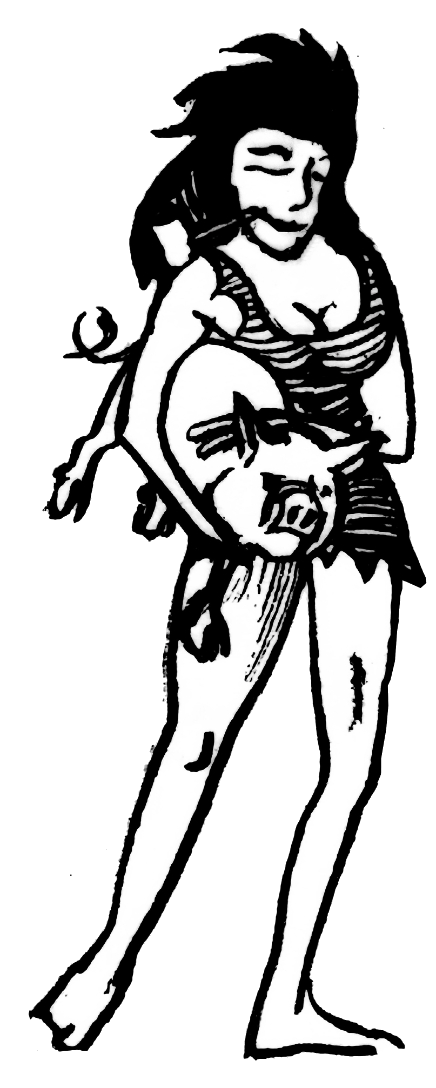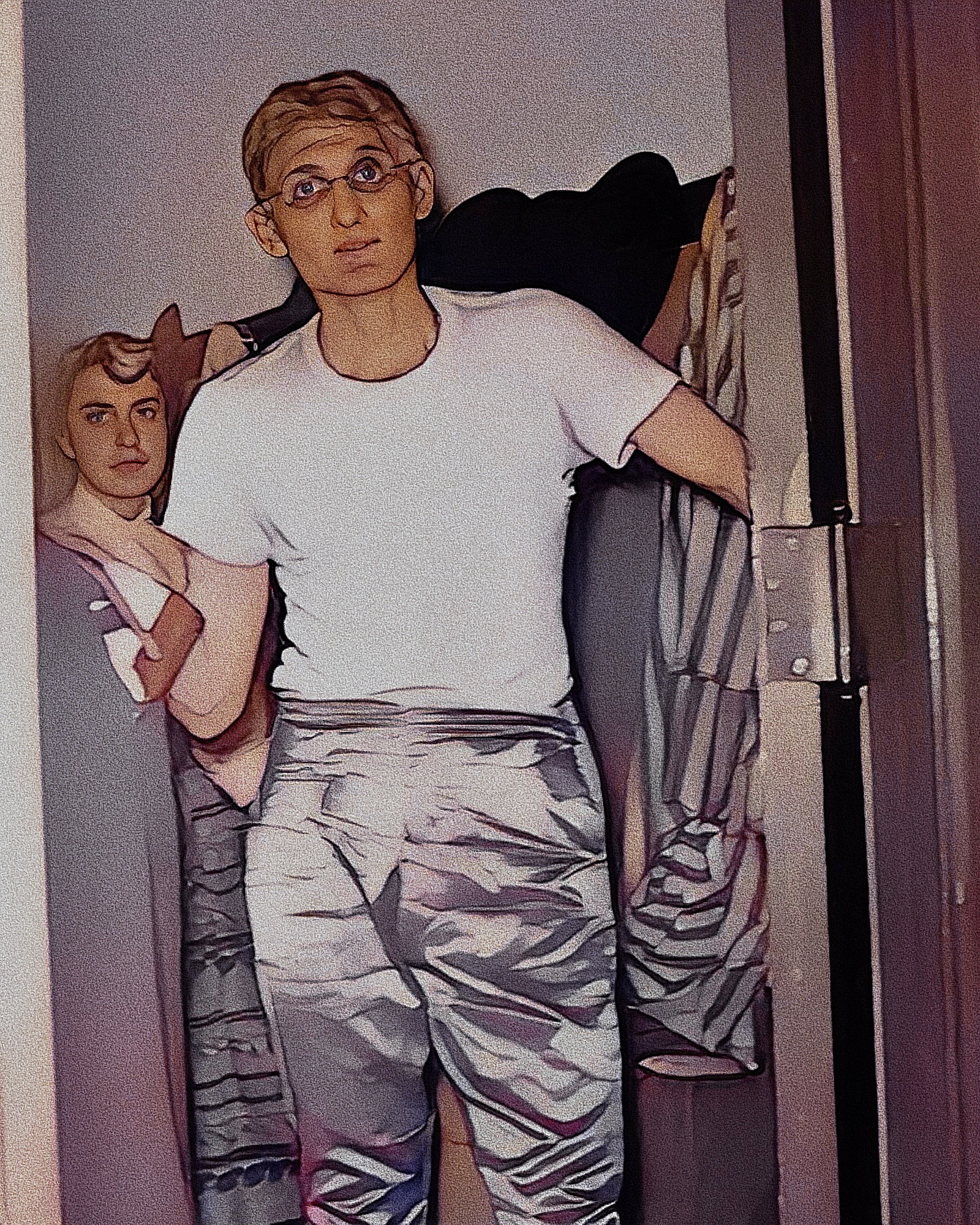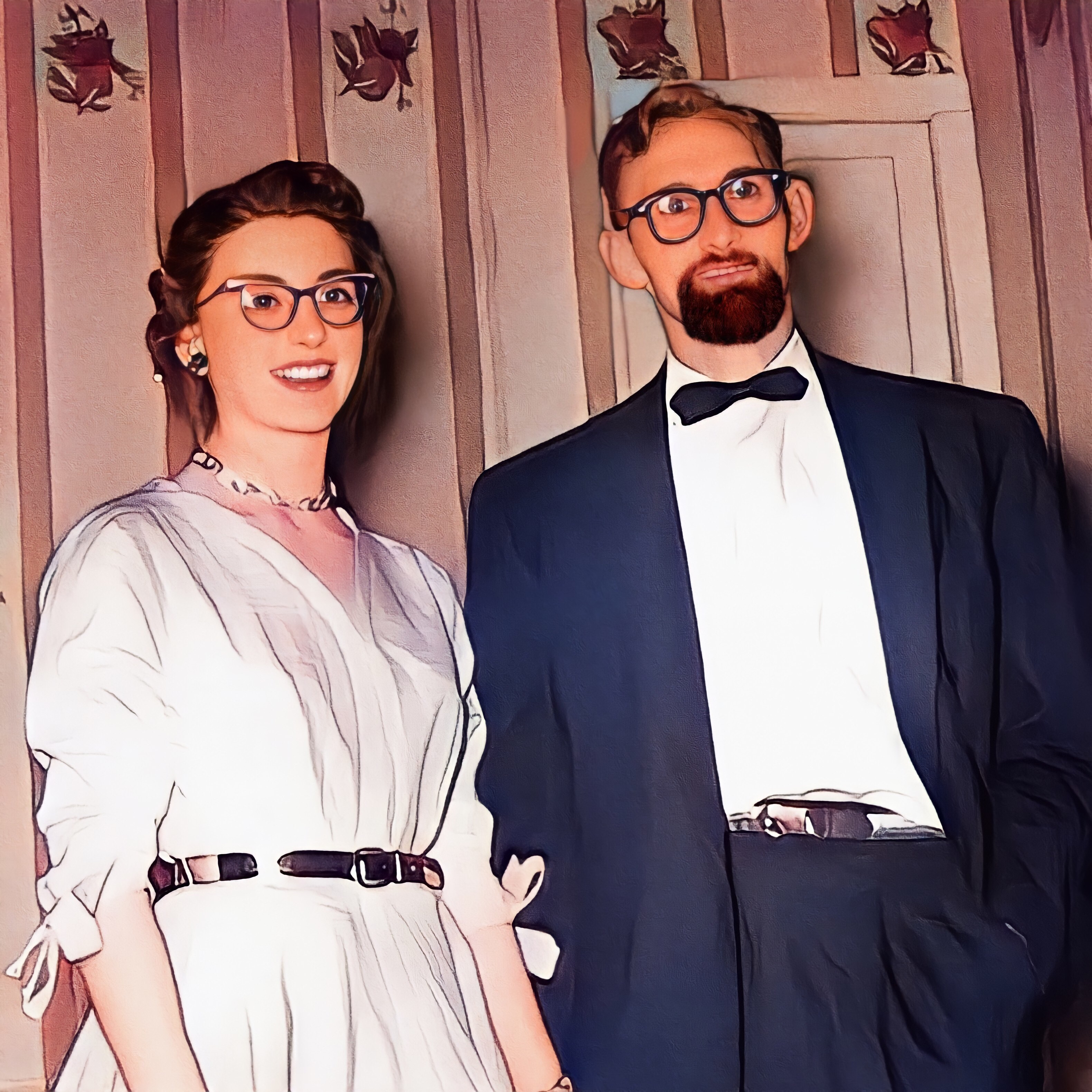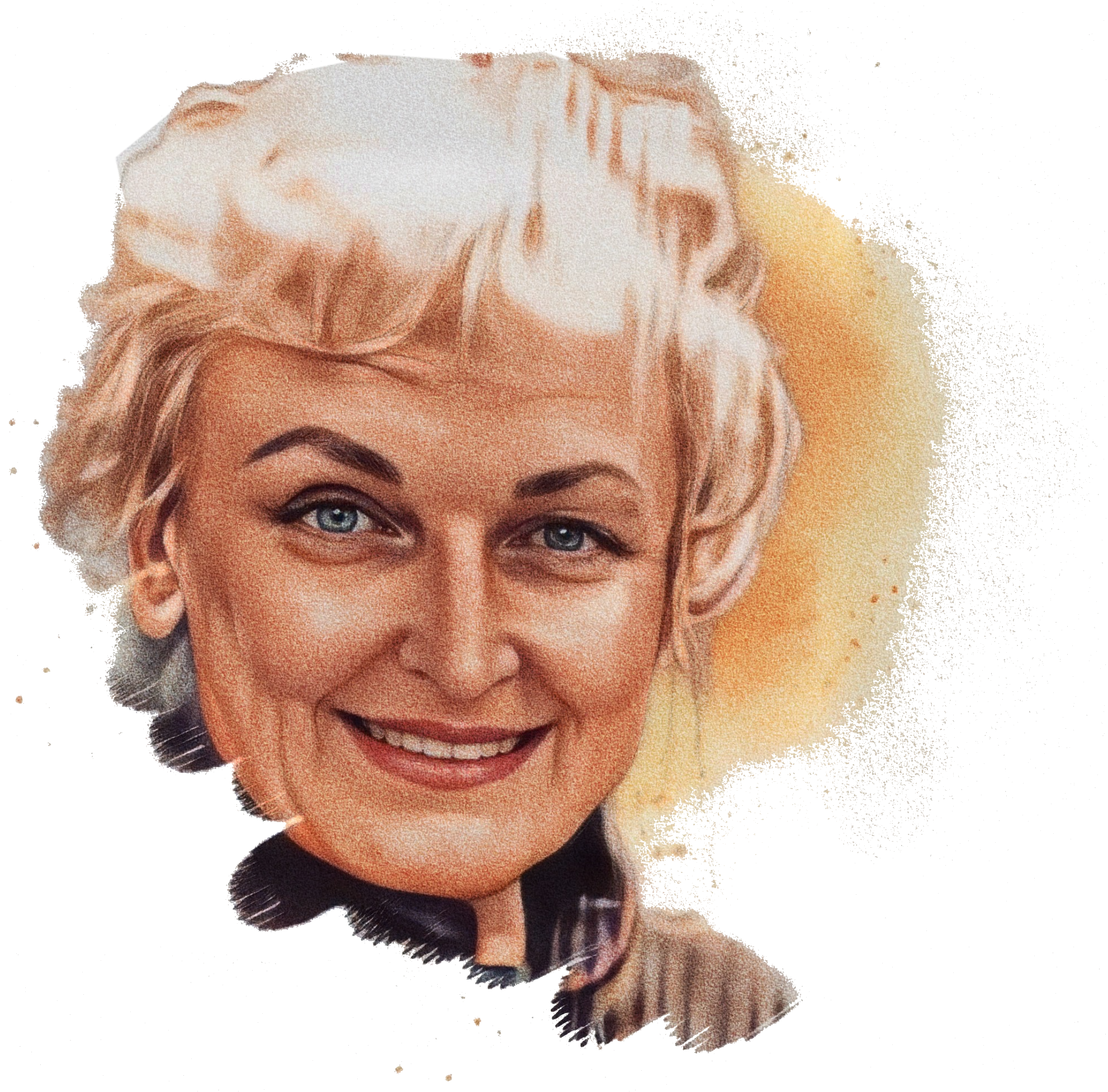Kevin Fjelsted was blind since birth.
He was a pretty amazing teenager already when he volunteered to re-wire the Mayo High School auditorium's sound board and signed up to work in the school's new television studio. He had a solid group of friends as well--- friends that not only accepted Kevin as an equal but proved it by helping Kevin have a bit of fun with his lack of sight. (Kevin got behind the wheel of someone's car in the Mayo parking lot one day after school. With one pal on the floor operating the brakes, another lying down on the passenger seat helping Kevin steer and a third in the back seat navigating, the blind student drove past a group of Kevin's buddies as they waited for the bus.)
So, it was not surprising when Kevin decided that after being on the technical end of Mayo's theater productions, he wanted to try being on stage. He auditioned for Sidney Kingsley's Detective Story and won the part of Endicott Sims.
This was 1973. There was no great national conversation about equity or awareness of the differently abled. Kevin was still referred to as "the blind kid" more often than not. There were a lot of doors closed to people like him. Except for those doors that were routinely opened by educators like my father.
You see, there was absolutely no reason for my father to ask Kevin the question he asked shortly after Kevin had been cast--- absolutely no reason not to slightly modify Endicott Sims to fit Kevin.
Except my dad didn't assume Kevin wanted Endicott altered.
Instead, my dad looked at an extraordinary young man and left the door open for him to be challenged to succeed once again.
Kevin thought for a moment and replied, "I'd like to try playing him as sighted.
And so, my father embarked on the task of teaching a 17-year-old who had never seen a day in his life how to appear to be sighted. Kevin did not know, for example, that sighted people swung their arms when the walked. Eye contact was a big undertaking. My dad had to teach him how people looked at their watch... The only obstacle that bested Kevin was a long cross from downstage right to upstage left. Keven just couldn't do it without a hesitant stutter-step. The solution? A one-inch-wide strip of carpeting was put on the stage floor that Keven could follow with his foot.
The night before dress rehearsal at Mr. J's Mayo was always "Picture Night." Families were invited to come and take all the photos of their kids they wished to and my dad turned that into an actor lesson as well. Photographers were encouraged to get up on the stage and walk amongst the actors in order to get close-ups. Actors were expected to focus and concentrate. If a cross needed to be made and a photographer was in your way, it was expected that you adjust and adapt in character.
The media--- who am I kidding?--- the newspaper was invited to come as well. These were back in the days when the Rochester Post Bulletin would give as many column inches to educational theater as they did to the civic theater and even the Guthrie. They wrote about the themes of the plays and the message the directors were trying to make. And they wrote about the participants.
At the end of the rehearsal, he sought out my father and asked, with complete sincerity---
"I heard you have a blind kid in the show. Which one was he?"
Jay Toogood
The show must go on
When Jay Toogood was lying in the hospital with one hand amputated and the nerves destroyed in his other wrist last summer he got a call from his high school drama coach letting him know he still had his job as stage manager this year.
"We're interested in your brain, not just your hands," said Dwain Johnson at Mayo.
 Thus Jay is busy on the set of Cyrano [de Bergerac] this week, directing the efforts of 60 tech workers backstage. And after the 7 p m. stage call on opening night Thursday, he'll be boss of the show.
Thus Jay is busy on the set of Cyrano [de Bergerac] this week, directing the efforts of 60 tech workers backstage. And after the 7 p m. stage call on opening night Thursday, he'll be boss of the show.
Jay, a senior, was the victim of a fire-related accident in the Boundary Waters Canoe Area last summer. Watching for flames on top of a cabin, the youth counselor fell off the roof and automatically grabbed, catching 14,400 volts.
The mishap put him through nearly 20 trips to surgery, at least 10 of them major. He has a prosthesis on his left arm. Doctors are attempting to save the use of the other with transplants.
Amazingly, Jay is able to drive a car and virtually take care of himself including such chores as brushing his teeth.
"It takes a little longer, but I get it done," he smiles.
Displaying the independence of any youth his age, the son of Mr. and Mrs. Gary Toogood has gone on about the business of classes, plays, con-certs and parties with his girlfriend. He is being tutored in one subject for which he missed some work. He has even fitted in a vacation break to Barbados with friends.
An active member of Bethel Lutheran's youth group. Jay has Considered the ministry, and law, and will be going to Rochester Community College for at least a year while he thinks about his career.
But right now he's concentrating on a play which has to take shape by curtain time Thursday. His assistant climbed a ladder in the wings Tuesday night and other students hammered away at parts of the set. Jay walked around with a clipboard and helped create some props. He can pick up a piece of paper off the floor with his prosthesis and came over with a roll of paper toweling when the reporter got into some paint.
He typifies the type of dedication that Johnson sees returning to speech and drama. "We had the demonstration period, and then the time when theater was a social event and some kids wouldn't come out if it couldn't all be fun." he said "These kids really work at it. It's serious business again."
Johnson has always wanted to do "Cyrano" because "romanticism shows us the way things can be, when realism tells us that's the way it is." Jay Toogood's attitude quietly parallels that theory. Right now the play's the thing and the show must go on.
With his whole life.
Never act with kids or animals. It's the age-old theatrical adage. Well, Dwain couldn't say he hadn't been warned. Nevertheless, he went ahead with staging Li'l Abner and Teahouse of the August Moon, complete with piglet and goat.
 Rochester, MN in 1972 was big enough to be considered a small city but not so urban that it didn't feature farm lands within easy driving distance. Finding domestic livestock for a high school play was surprisingly simple. In fact, the father of a cast member was a veterinarian who liked to keep farm animals as pets. So it was that necessary beasties could be rounded up by Rochester's version of Central (Animal) Casting.
Rochester, MN in 1972 was big enough to be considered a small city but not so urban that it didn't feature farm lands within easy driving distance. Finding domestic livestock for a high school play was surprisingly simple. In fact, the father of a cast member was a veterinarian who liked to keep farm animals as pets. So it was that necessary beasties could be rounded up by Rochester's version of Central (Animal) Casting.
Of course, with any theatrical endeavor there lies the possibility of giant egos and power struggles. Mayo's resident diva in Teahouse came in the form of a goat with attitude.
But he hadn't met Mr. J.
The plan was simple: lead the goat up to the Jeep that had been parked center stage and have him climb up on top. Except the goat didn't want to climb up on top. I don't know whether he felt the cross was unmotivated or if he was concerned about his lighting but he stopped at the foot of the Jeep and refused to budge. The teenaged handler was too shy to press the matter.
Mr. J, the farmer's son, had no such qualms.
He took the animal's lead, backed him up a few feet and walked purposefully towards the vehicle. When they reached the Jeep, in one fluid movement, Dwain pulled up on the goat's lead, pulling the collar upwards and causing his temperamental ruminant to do a cartoon gag and scramble upwards to the top of the Jeep as fast as he could go.
Mr. J then turned and guided the goat back down, returned to the starting position and tried the maneuver again. Without so much as hand movement on Dwain's part the goat completed the climb without complaint and did it every time thereafter.
I suspect the goat got flowers on opening night. No doubt, he found them delicious.

Another common condition with rookie actors can be stage fright. Thus it was a few years previously in Li'l Abner with a piglet.
He decided from his first foray onto the stage that he was not cut out for a life in the theater and said as much at the top of his piggy lungs every. single. rehearsal.
"No problem," volunteered the veterinarian. "I have a sedative that won't knock him out but will relax him enough to make him quiet."
Except that it really relaxed him. It relaxed everything.
Ask anyone involved with John Marshall's 1963 production of Li'l Abner about what it's like to work with pungent pig diarrhea everywhere and they'll tell you a sad story. For an eyewitness account given by the pig's co-star, see the NEWS section.
Jim Kuprius contracted polio as a teenager and was wheelchair-bound by the time he met Mr. J at Staples High School in 1956. He was smart, talented and well-suited to play the Rev. Dr. Harper in what would be Mr. J's first production of Arsenic and Old Lace.
Even as a comparatively young educator, Dwain believed that every student should be given the chance to challenge themselves and succeed. And so, it was natural for him to treat Jim no differently if he honestly felt Jim could perform as anyone else could.
A scene called for Jim to make a sharp turn. He yanked the wheelchair over and started his cross.
"That wasn't fast enough," shouted Mr. J from the house. And then added his trademark, "Do it again." "Faster."
Jim again yanked the chair to the side, faster this time.
"That still isn't fast enough. Do it again."
Several more times, several failures until, finally he achieved the speed needed and felt the comic effect his director was striving for.
"What do you think?" asked his director.
Jim raised his hands, palms up, and showed how he'd torn the skin of his palms in executing the turn.
Taking a calculated risk that his student was not asking for pity, Mr. J asked, "Was it worth it?"
An enormous grin appeared on Jim's face.
"Yes," he nodded.
Postscript: Jim went on to create an academic scholarship named for Dwain and Noreen Johnson, (my mother was also a favorite teacher of his.) I was privileged to present a young recipient her award in 2006.
The Imaginary Invalid
Unexpected Understudy
 |
Director's Nightmare!
(And big irony)
Mr. Johnson goes on as understudy for his ill leading man in Moliere's final work. Unlike Moliere, Mr. J lived to play the role and tell the tale! |
Evening Visitor
A Scandal In Staples
Somewhere near 1956 Mr. J was teaching at Staples High School in Central MN. Also on the faculty was a lovely English, French and Spanish teacher named Miss. Robbins-- my mom. They were already engaged in the spring (?) that Dad spent evenings in the auditorium building the set for the next play. (Back in the early days, he did practically everything himself.) Mom thought it would be nice to bring over sandwiches and coffee to see him through and so she did so several times. She did this not realizing that the small town's resident snoop and gossip lived directly opposite the school's auditorium door-- a busybody with time on her hands.
One night, there was a loud knock on the door. Dwain opened it to see two uniformed police officers standing there. They had been called, they explained, because they'd been given a tip that a high school teacher and an unidentified student were seen coming and going into the school.
Mom continues to tell this story in triumph that the old bat thought Mom was a student!
Li'l Abner
"Mister... I don't care"
Anyone who remembers Dwain Johnson in the '70s or '80s remembers a solidly built guy. However, this was not always the case. In the '50s and '60s he was a bit of a beanpole. And it was this beanpole who wandered into a dime store with his wife one day and noticed a bodybuilding magazine.
"Perfect!" he thought. The bodybuilder poses featured were exactly what he needed to teach the boys in Li'l Abner for the scene in which Yokumberry Tonic transforms them into muscle-men. So, he grabbed the magazine and headed off to checkout. While he waited in line, it suddenly occurred to him how silly and possibly cliched he looked. Would the checkout clerk smirk, thinking Dwain was the proverbial "97-pound weakling"?
Self-consciousness took over and, as he sheepishly handed the magazine over to the young guy who worked as cashier, he began an elaborate explanation that the magazine wasn't for him-- that he was a high school theater director and he was directing the musical Li'l Abner and there was a scene in it where a bunch of guys are transformed into muscle-men and the kids didn't know the bodybuilding poses and---
"Mister..." the kid behind the counter drawled with an utterly bored tone. "I don't care why you're buying this magazine. Can you move along now?"
I don't know when Mr. J perfected his legendary vocal volume. The skill was ironic given that he had a debilitating stutter as a child and spent years not talking much at all. He famously taught himself not to stammer by standing in front of a mirror and then, years later, developed the ability to project his voice so loudly it shook entire auditoriums.
He used it as a teaching tool, most often when directing plays. Standing at the back of the auditorium, he would bellow "LOUDER!!" to a soft-spoken thespian or some other admonishment to a teenaged miscreant. Those yells had the effect of cannon fire. They were galvanizing, even for the students who spoke of them in fear. That volume, more than any other aspect of his personality, seems to be the thing people remember first and foremost.
In today's culture, it's important to understand that, yes--there was an element of calculated intimidation to his judicious bellows. However, the aim was not to bully. The aim was modeling confidence, urgency and command. He didn't do it nearly as often as legend claims. Dad was a big believer in not diluting effectiveness by overdoing things. He used it when it would produce the results he needed and no more.
And he wasn't above using it for comedic effect! In 1977, during a rehearsal for Cyrano de Bergerac (arguably the triumph of Dwain's career,) the leading man Don Herrold had been struggling to drop his "technique" and to embody the soul of one of the most romantic figures in literature. I was there the night that, after a grueling battle, Don finally triumphed and "Cyrano" broke through.
"DON HERROLD!!!" came a thunderous explosion from the darkness at the back of the house.
All movement stopped. Everyone tensed. Don turned in genuine terror and I remember that he cowered.
"I'M PROUD OF YOU!!!" came the second shout.
Don's knees literally went weak and he slumped against a castmate. The auditorium burst into laughter for Mr. J and applause for Don. And then Mr. J moved the rehearsal along.
The Microvine!
(And other shtick)
Immediately following Stephen Sondheim's death, stories were told about what a great laugher Sondheim was. I guess he made actors feel great because he'd sit in the audience and just guffaw. I'd like to think what my father added to his musical A Funny Thing Happened on the Way to the Forum would have delighted him.
I don't remember why, but this was the show in which they miked the singers. It was the first and only time they did it during Mr. J's tenure so I assume it was a unique need to that production.
It was 1976 and high schools were years away from wireless mics taped to the hairlines of the performers. Big, bulky microphones attached to thick cords would have to used; there would be no hiding the fact that the singers were getting help. So Mr. J figured it would be funnier to go all in.
Since the musical is set in ancient Rome, they wrapped the cord with fake vines and then Mr. J called for a volunteer from the crew. They dressed him in a maintenance worker's uniform and stuck a ballcap on his head.
Onstage, when Pseudolus was about to begin his first song, he looked toward the wings and announced authoritatively, "Hand me the vine!!"
"What vine?" came a shout.
"THE MICROVINE!!"
Slouching in from stage right came the crew member who'd been deliberately chosen because he didn't want to be an actor. He did, as it magnificently turned out, have no problems being a complete ham. He milked his smirking, shambling cross center stage, handed off the microvine and then simpered off the opposite side. The audience went wild.
Other additions I hope would amuse the composer were ancient Roman graffiti added to the exposed undersides of hinged ramps. (The ramps had to be raised to make room for the curtain at the beginning but were lowered during the first production number.)
Most impressively, Mr. J cast four or five actresses to impersonate Roman statues. These amazing ladies stood on pedestals throughout the entirety of each act and posed. But that wasn't all. They moved incredibly slowly-- so slowly that audiences were quickly distracted by the action of the scene only to look back minutes later and find that the "statue" had moved and was now in a completely different pose. Often the poses were reactions to what was happening in the story. My personal favorite was the stature who stood, covering her eyes in chagrin as Hysterium came out in drag.
Mr. Sondheim-- Mr. J made the most of your wonderful msucial!
Pre-show Speeches
Focus and Discipline
There was no doubt about it, Mr. J had the touch of the theatrical and nowhere was this more evident than his pre-performance speeches to the cast and crew . It's important to understand, however, that behind the pretense was a dead-earnest attempt to motivate his company to success. The "theatricality" of his approach drove home the self-discipline, the focus and the professionalism he was trying to teach young adults.
He believed in self-discipline above all. This skill alone, he felt, would guide his students best as they navigated their future. He also firmly believed that youthful energy should be expelled onstage rather than being wasted backstage before the show.
To that end, he always had his stage manager, (whom he entrusted with the running of the show once it was in production,) gather the cast and crew together in the choir room an hour prior to curtain. There they were expected to sit in total silence and mentally prepare for the task at hand that night. Young method actors might attempt to get into the headspace of their character while others simply used the exercise to run through their cues and try to push back all non-show related thoughts. In short, he wanted his company to be focused on nothing other than the experience they were about to give the audience that evening.
15 minutes before Places were called, Mr. J walked into a silent room of young people, many sitting with their heads bowed. Quietly (and with definite theatrical flair) Mr. J began that night's speech.
I desperately wish I could remember what they were. Of all of them I heard, I only remember part of one of them.* They were different because he addressed the needs of each experience. For a show that hadn't quite gelled yet, he offered the last bit of coaching; for solid productions, he offered sage warnings not to become arrogant and complacent. He reviewed the dangers inherent with "second nights" and what happens when you let your guard down. NEVER was praise given freely. That was reserved for after the show-- after they had proven they were worthy of it. Pre-show was for focusing on the effort that had yet to be put in. And these speeches were all energizing.
After 5 minutes, he paused, uttered a stoic (and iconic) "Break a leg," then turned and walked out of the room. The company remained motionless and dead-silent for 5 more minutes and then the SM uttered a simple "Places..." and the group filed out.
As the lights came up onstage--where Mr. J felt it belonged--there was a controlled explosion of youthful energy.
This ritual was viewed by a professional actor once. He came up to Dwain afterwards with wide eyes and exclaimed, "I've never seen that level of discipline with professionals!"
* The one snippet I remember concerned watching out for "gremlins" which was the name Dwain gave to all the little things that could (and would) go wrong. He taught his students to take nothing for granted and that healthy paranoia, (not to mention checking your props multiple times) was a good skill to develop.
Mrs. J
A true partnership
As Claire Van Zant remembers, each opening night of my father's career my mother appeared at his side. She always looked stunning with an attractive evening dress and (according to Lady Claire,) a corsage. These were still the days that even a high school's opening night prompted telegrams and semi-formal dress. I don't remember the corsage but I remember "Mrs. J" being her husband's strength and stay throughout the 60 years they were together. She was his tech director for the unfortunately titled comedy Time Out For Ginger in 1958. (Seriously folks, that play had a Broadway run and was performed on television starring Jack Benny!) And she was his scandalous evening visitor after hours at Staples High.
My mother was always shy and introverted. She let Dwain have the spotlight, endured his humor and was his greatest advocate. But she did ask one (and only one) thing of him during his career. She asked him to direct Cyrano de Bergerac. It was her favorite love story and as a love token to her, he gave her the finest production of his career. He even called her in to coach Don Herrold's Cyrano to sound more like John Uhlenhopp's Christian during the balcony scene.
In her 90s, she is still at his side, helping to tell his story by proofreading these pages and proving that 1950s English teachers never lose their talent!
To my knowledge, no one asked Dwain to cast students from the special education class as crowd members in his 1970 production of Shaw's St. Joan. The idea possibly stemmed from his friendship and deep respect for the special education teacher, Lenore Hanson, (who deserves a tribute page herself.) It also could simply be another example of Mr. J's sincere belief that all students deserved the opportunity to succeed and to feel included.
In 1970, there was no widespread philosophy of inclusion. The "special kids" were generally kept as far away from the rest of the school as possible. The attitude toward them tended to be one of pity and thinly veiled discomfort. But Mr. J brought them center stage and then gave them another gift on opening night.
At Mayo High School, a long, wide hallway ran alongside the stage-left wall of the auditorium, perpendicular to the lobby. During performances, this hallway was blocked off by an enormous screen that masked the actors and crew walking between the make-up rooms, the restrooms, the green room and the backstage door. It was well-known that the only two acceptable circumstances for a costumed actor to be seen by the audience was onstage and in that side hallway after the production.
The students loved Lenore Hanson deeply. So it was not surprising that after the highly successful opening night one of her students caught sight of her in the lobby and-- in their excitement-- momentarily forgot the rules. With a shout of triumph and joy, the whole group ran out of the "actors only" area and into the outstretched arms of their overjoyed teacher. (Mr. J affectionately remembered it looking a little like a flock of chicks running madly to their mother hen.)
Dwain grinned and watched his colleague greet her students for a few moments and then barked in his horrifyingly military voice, "ACTORS ARE NOT TO BE IN THE FRONT LOBBY!! GET BACK OF THE SCREEN!!!" The group scrambled to right their wrong.
Later he learned how happy he had made them with that admonishment.
Because in that moment they were not "special needs" or any of the vile and hurtful things society called them. No one was accommodating them or making allowances for them or making exceptions or excuses for them...
They were actors, just like everyone else.









